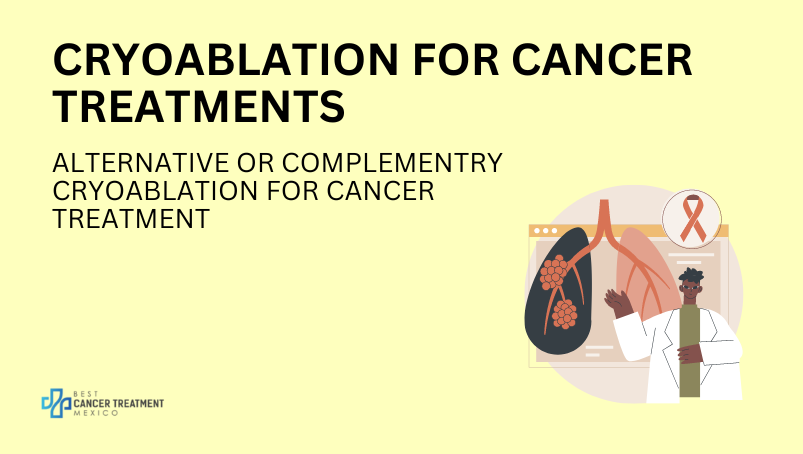
Cancer treatments continue to advance every day. Despite many of these advances, some of the most common cancer treatments are radiation therapy and chemotherapy. Because they are the most common treatments, they are often the most common types of cancer prescribed. This includes people with uterine cancers.
These treatments work by targeting a wide area, attacking both healthy and cancer cells. That’s why, whether you’ve received these treatments or not, you probably know they can leave you feeling weak and experiencing a range of side effects. Sometimes, chemotherapy fails patients. Chemotherapy-resistant cancer, which means a cancer returns even after it’s been treated, is not uncommon. This situation can leave some feeling hopeless and confused.
Lymphomas or cancers of the lymphatic system (the area of the body that helps with fighting bacteria and viruses) are one of the more common types of cancer in the U.S. Certain lymphomas start in the upper body. However, non-Hodgkin lymphoma, which can occur in any lymph node in the body, is one of the most common types of cancer generally, accounting for about 4% of all cancers.
That’s why new treatments are needed. In fact, given the limitations of existing treatments, particularly when it comes to their numerous side effects, and the fact that the number of people with uterine cancer increases every year, it’s important to find treatments that can support current treatments or be used as alternatives that can give people choices. Fortunately, various alternative and supportive cancer treatments for cancer have been studied with some promise, especially for lymphomas.
Below are a few alternatives/complements to standard treatment for lymphoma. These alternative treatments include new cancer treatment advances, complementary treatments, and mindfulness therapy.
New treatment advances

Gold
This treatment option might seem like a strange one. How exactly does gold help treat cancer you might ask?
About a decade ago, researchers used a gold nanoparticle to starve lymphoma cells, effectively eliminating their ability to get nutrients and causing them to die.
According to an investigative study, researchers created a molecule that resembles high-density lipoprotein (HDL), which is the ideal form of nutrients that lymphoma cells require to sustain themselves. The center of the artificial particle was a very tiny piece of gold.
Then, when lymphoma cells absorbed this fake HDL, the cell effectively became “plugged” by the gold, preventing the cell from getting more HDL to fuel itself.
However, much more research is needed to explore this particular treatment option.
Complementary treatments
The goal of many complementary treatments is to help ease the symptoms of both traditional cancer therapies and symptoms caused by the cancer itself, such as pain or discomfort. Here are a few complementary treatments to help people with lymphoma and those on treatment for their cancer:
Acupuncture
While it can’t cure lymphoma, research suggests that it can be an effective way to treat and manage the symptoms of receiving treatment, including any fatigue or nausea caused by chemotherapy.
Ginger
With many types of cancer, ginger has been shown to be an effective supportive treatment, particularly when it comes to managing nausea caused by chemotherapy.
Some research has also explored ginger’s role as a potential treatment for preventing the development of chemo-resistant cancer cells. However, these results are still inconclusive and more research is needed.
Mindfulness Therapy

Many cancer treatments are focused largely on the physical aspects of cancer, whether it be actively targeting tumors and cancer cells or dealing with the physical side effects of taking cancer treatment (such as fatigue). Some complementary therapies help focus on the mental effects of cancer and cancer treatment, including stress and depression.
In fact, research consistently shows that complementary therapy is capable of providing this kind of relief to cancer patients.
With any type of cancer treatment, it’s important to make sure you fully understand the available treatment options and choose options that work for you. This should include talking to your doctor before starting any cancer treatment. They can help you decide which treatment options are right for you.
